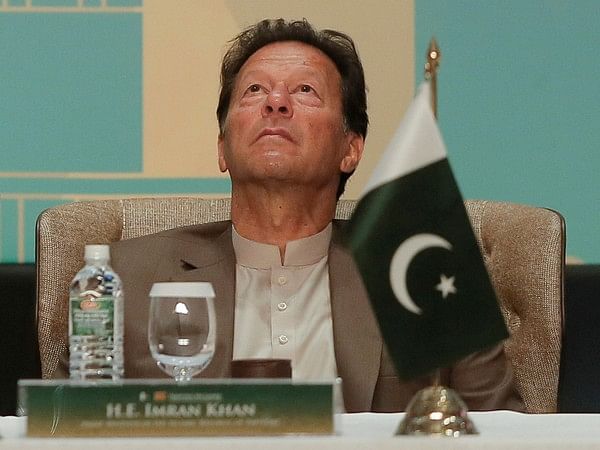In the absence of effective popular sanctions, a distressingly large number of political leaders have felt free to manoeuvre and intrigue without any regard for political principles or moral scruples.
“While certain parties have shown no great loyalty to pledges or programme, individuals have considered themselves free to search for richer pastures without any loyalty to their parties; and during crucial sessions, when votes attain inflationary prices, the Assembly floor has been crossed in different directions by the same Member twice, or even thrice, within twenty-four hours…”
A current reader could readily be excused for construing this snapshot of the polity, reproduced from a Republic Day editorial in The Pakistan Times precisely 64 years ago, as a contemporary comment. It’s a sobering reminder of how little has changed in the patterns of pelf and power established during the first decade of independence.
Also read: Pakistan sees foreign hand in all. But everyone knows who is behind missing Baloch students
The interim has hardly been uneventful, with three bouts of martial law supplemented by extended periods of direct or indirect military rule. In view of that record, it seems exceptionally disingenuous for a spokesperson to claim that “the army has nothing to do with politics”. If only that had been so, Pakistan might have turned out to be a very different country.
That claim is open to challenge, though, in view of the general calibre of Pakistan’s politicians over the decades. There have been honourable exceptions, but they have tended to be sidelined or circumscribed, and seldom in a position to make much of a difference.
No such illusions can be attached to the present ball game, as the drama in Islamabad’s Red Zone threatens to go into overdrive. It is extremely difficult to dredge up any sympathy for the disastrous incumbent prime minister, let alone the couple of hopeless ministers still willing to take up cudgels on his behalf.
The coarsening of the political discourse is a long-term process, but it has lately scaled new heights. I seriously doubt whether any previous prime minister has publicly damned the future generations of his opponents, while claiming to be forgiving.
Decent batsmen generally tend to accept a leg-before-wicket verdict instead of loudly wondering why the umpires are impartial, let alone describing neutrality as a trait fit only for animals. When caught behind, they don’t shower the wicketkeeper with invective. When bowled out, they walk — regardless of whether the stands are erupting with boos or with cheers.
This is also not the first time Imran Khan’s team has turned against him. Thirty years ago, he spoiled what could have been his finest hour as captain in his World Cup victory speech by announcing that all proceeds would be directed towards his pet cancer hospital project, without consulting his teammates — most of whom were not amused.
It’s also worth recalling that his return to captaincy ahead of the 1992 World Cup was prompted by a call-out from Pakistan’s military dictator. How can I refuse my president’s call, the recently retired cricketer rhetorically asked at the time. That puts into perspective the prime minister’s recent efforts to latch on to Zulfikar Ali Bhutto’s foreign policy record, but can anyone recall him joining the calls for ZAB’s reprieve back in 1979, when he was an influential figure in the world of sports?
Ziaul Haq may have had no cause to regret summoning Imran Khan to serve the nation, but his current successors at GHQ seem to be experiencing a kind of buyer’s remorse. It shouldn’t be considered a novel sensation. Benazir Bhutto was never a favourite, but after the initial effort to hobble her party’s chances failed in the aftermath of Zia’s explosive exit from the scene, the favoured son also seemingly fell short of expectations.
Also read: Pakistan is littered with dysfunctional universities. Another one coming up at PM house
Not once or twice, but three times. Imran was supposed to shift the dial, but the economy has regressed, education has digressed, and foreign policy clearly has not progressed. As for corruption, it’s largely been a case of casting stones from glass houses.
It was fairly obvious pretty much from the beginning of the present government’s tenure that it was a disaster waiting to happen. It happened pretty quickly. Its leading spokesmen and defenders haven’t left a scintilla of doubt on that score. But what will this week’s drama in Islamabad’s Red Zone deliver? Is there any good reason to suppose that the alternatives are any less dire?
The editorial quoted at the outset raised a similar question: “How and when will the nation’s travail be brought to an end?” It went on to say: “Firstly, let it be realised that we cannot sit back and hope that some guardian angel will cleanse our stables; the responsibility is wholly ours, and it will either be tackled by us or not at all.” To which one can only add: Yes; and probably not.
The article originally appeared on Dawn website.



